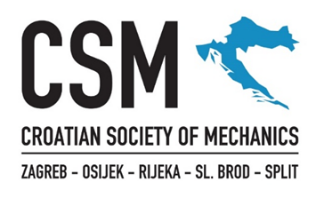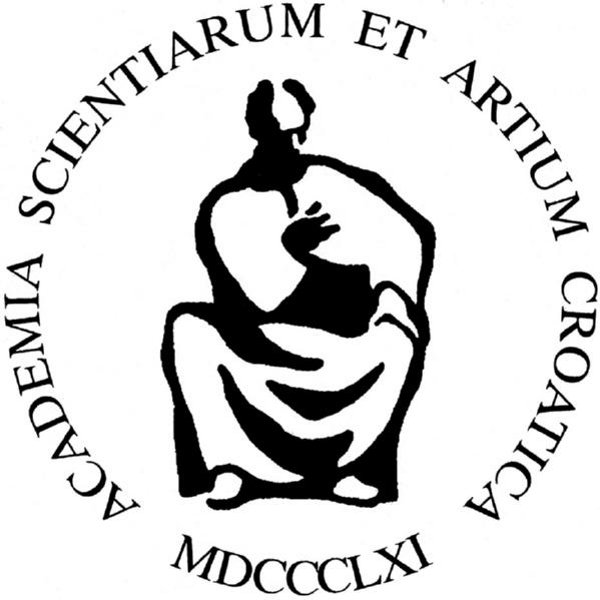
- Home
- About
- Conference Venue
- Congress Topics
- Committees
- Plenary Lectures
- Registration and Conference Fees
- Call for Papers
- Organized Sessions
- Flyer
- Important Dates
- Accommodation
- Transportation
- Contact us
- Programme
- Sponsors
- Photo Album
 Croatian Society of Mechanics
Croatian Society of Mechanics
 Croatian Academy of Sciences and Arts
Croatian Academy of Sciences and Arts
 Central European Association for Computational Mechanics
Central European Association for Computational Mechanics
Natural Hazards and Resilience of Masonry Structures (NHRMS)
Past and current damaging earthquakes have repeatedly shown the vulnerability of residential building types and the need for mitigation measures. The earthquake risk and vulnerability assessment of buildings for future earthquake ground shaking relies on the development of the damage prediction models based upon experiences from past earthquakes. Typical damage patterns and the derivation of damage grades are derived from earthquake reconnaissance reports or laboratory tests. In addition to the principal cause, ground shaking, the damage degree is related to the building’s characteristics, such as choice of form and materials, design and detailing, type, soil and foundations, robustness, etc.
The Special Session focuses on reliable damage prognosis for residential and commercial building types such as masonry (modern and historical) and reinforced concrete (frame and wall) buildings. It shall support a holistic view on damage scenarios for single buildings as well as building stocks. The principal objectives of the Special Session are: earthquake risk and vulnerability assessment of buildings, retrofitting and restoration (conservation) of buildings, methods of analysis, detailing rules, interaction phenomena between primary and secondary structural elements, as well as architectural design and detailing.
In addition, the research on experimental work aimed at the advancements in assessment of masonry structures, as well as on experiments in the laboratory that make an essential contribution to improvement of education for students and teachers, shall be discussed. Contributions that explicitly refer to the transfer of results into teaching materials get supported through the reduction of the conference fee by “Partnership for Virtual Laboratories in Civil Engineering - PARFORCE” ERASMUS + Programme – Key Activity 2 project (proj. ref.: 2020-1-DE01-KA226-HE-005783). For further information please contact Jun.-Prof. Dr.-Ing. Lars Abrahamczyk, project manager (e-address: lars.abrahamczyk@uni-weimar.de).
The moderated panel discussion of the special session will focus on:
- model requirements for existing masonry buildings
- the documentation and accessibility of experimental results
- key experiments for the support of theoretical learning materials in design and assessment of masonry buildings.